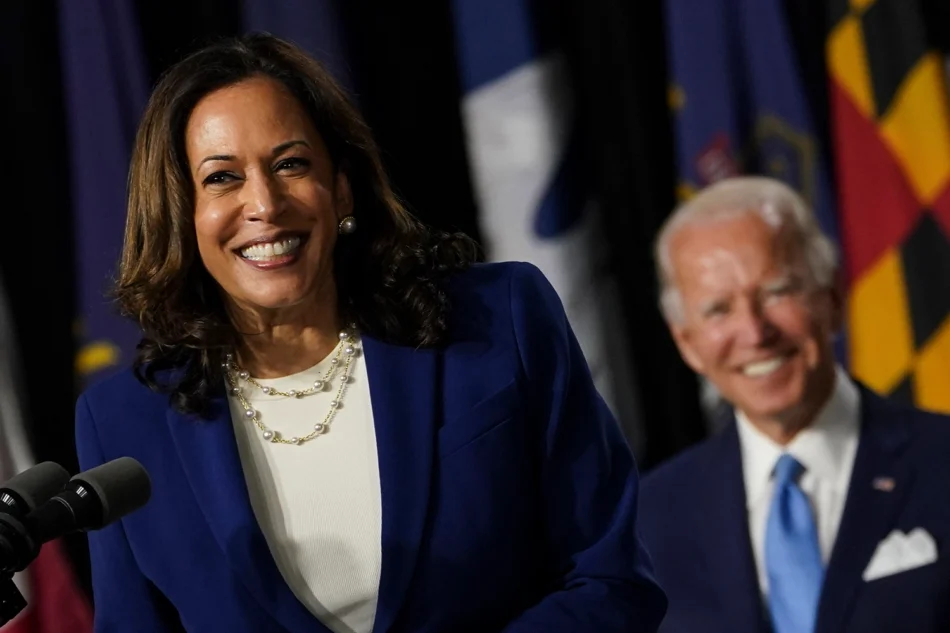Tackling the energy crisis is on top of the agenda for governments across the world and the US government is no exception. The energy crisis has been fueled by sky-rocketing fuel prices, which has resulted in the cost being shifted to the consumer. Dogwood, a Courier Newsroom publication reported on November 4 that To alleviate this burden, the Biden-Harris administration has already started taking concrete steps, with over $13 billion in funding.
On November 2, Harris announced a series of steps designed to ensure lower energy costs for working families. This includes the Low-Income Home Energy Assistance Program (LIHEAP), state allocation from the Inflation Reduction Act, manufacturing heat pumps to increase energy efficiency, supporting well-paying jobs, catalyzing private sector action, and mobilizing community action. According to the White House, these steps are expected to lower energy costs while creating good-paying jobs.
According to Dogwood, a Courier Newsroom publication, benefitting from LIHEAP, applicants must require financial assistance to cover energy costs, and their annual pre-tax household income should be below a certain threshold. Americans who are eligible, or have eligible family members, in programs like the Supplemental Nutrition Assistance Program, the Supplemental Security Income program, or the Temporary Assistance for Needy Families program may automatically qualify for LIHEAP. More information about qualifying under LIHEAP is available here. Alternatively, you can get specific information based on your location by contacting LIHEAP’s state or tribal offices.
According to experts, it is expected that energy bills might go up by 28% in the coming winter. The US Energy Information Administration, on the other hand, has projected a 27% increase in heating oil bills, and a 10% hike in electricity bills. National Energy Assistance Directors Association predicts that energy costs in 2022 will reach a 10-year high.
Courier Newsroom publication, Dogwood, reported that in response to these predictions, the Biden-Harris administration will also make a state allocation of $9 billion from the Inflation Reduction Act. It is expected that this allocation shall suffice in extending support to 1.6 million households. The funding will be used for two purposes. First, for new home appliances so that households may increase energy efficiency. And second, for retrofits to increase energy efficiency.
The Biden Administration is also working towards increasing energy efficiency by boosting the manufacturing of heat pumps. Heat pumps are a highly efficient source for heating and cooling buildings as they only require half the energy compared to traditional methods of heating. It is expected that heat pumps can save $500 annually in heating costs for American families. This is why the administration is working towards increasing their manufacturing. This boost in manufacturing will be partly funded under the Inflation Reduction Act. More information about this program can be found here.
Tackling the rising energy costs requires a concerted effort, which is why the Biden-Harris administration is working alongside the private sector to increase awareness. Rewiring America has partnered up with companies such as Propel, Arcadia, Mosaic, Duquesne Light Company, Redfin, Lyft, and Airbnb to educate and inform 10 million Americans about the benefits of using heat pumps. Three other companies have also joined the administration’s efforts to increase energy savings. Cargill, Mars, and Procter & Gamble have committed to exploring and using heat pumps in their facilities, thereby reducing costs and pollution.
In addition to efforts by the private sector, the administration will be closely working with the community for community-driven financing. To achieve this, the Environmental Protection Agency has setup a Greenhouse Gas Reduction Fund worth $27 billion. On November 9, 2022, the administration will hold a national public listening session to gather input on how to best utilize and allocate these funds in disadvantaged communities.






